What is Blue Lotus Tea?
Blue lotus tea is a captivating herbal infusion made from the petals of the blue lotus flower, scientifically known as Nymphaea caerulea. This beautiful tea is revered for its relaxing and soothing properties, making it a popular choice for those seeking a natural beverage to enhance their wellness routine. Let’s delve into the intriguing history and the process of making this unique tea.
Origins and History of Blue Lotus
The blue lotus flower carries significant historical weight and cultural importance. Originating in ancient Egypt, the flower was widely celebrated for its medicinal and spiritual applications. Egyptian civilizations considered the blue lotus sacred, associating it with themes of rebirth, vitality, and divine connectivity. The flower often graced artwork, temples, and ceremonies, symbolizing a connection to the divine.
As time progressed, the blue lotus spread to various regions, including India and Southeast Asia. In these cultures, it became a symbol of purity, enlightenment, and spiritual awakening. Even today, people admire the blue lotus flower not only for its breathtaking beauty but also for its calming effects that enhance mental well-being.
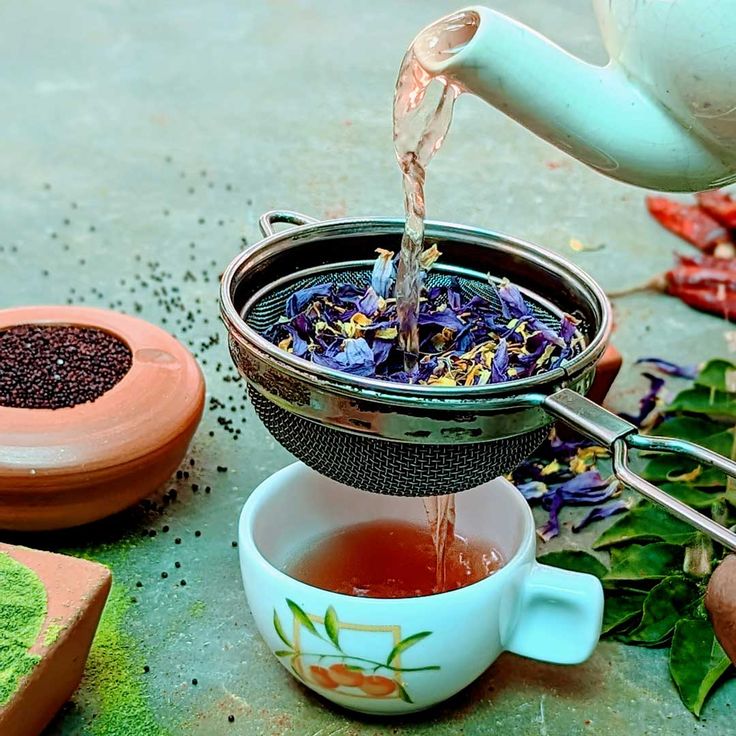
How Blue Lotus Tea is Made
Crafting flower tea is a straightforward yet careful process. Farmers initially harvest the flowers when they are fully bloomed to ensure maximum potency and flavor. Then, they dry the petals—either by sun-drying or air-drying—to preserve their natural essence and beneficial properties.
Once the petals are sufficiently dried, they are either packaged as whole flowers or milled into loose tea form for easy brewing. Preparing blue lotus tea is simple; it involves infusing the dried petals in hot water for a few minutes. This process releases the tea’s distinct floral aroma and mild flavor, creating a soothing beverage.
Some enthusiasts enhance their experience by pairing flower tea with other herbs. This not only adds depth to the flavor but can also provide additional health benefits. The result is a delightful and calming beverage that can be enjoyed anytime.
Nutritional Profile of Lotus Tea
Blue lotus tea is more than just a relaxing beverage. It offers important nutrients and active compounds that can contribute to overall wellness. These components naturally derive from the blue lotus plant, making the tea effective and safe for regular consumption.
Key Ingredients and Active Compounds
Blue lotus tea contains several beneficial components:
- Nuciferine: This alkaloid is known for its calming and stress-relieving properties. It can help soothe nerves and promote relaxation.
- Apomorphine: A compound with psychoactive effects, it gently enhances mood and promotes mental clarity.
- Flavonoids: These natural antioxidants help combat free radicals, which can damage cells and promote aging.
- Amino Acids: These support brain function and overall energy levels.
Apart from these, flower tea provides trace amounts of essential vitamins and minerals. These compounds contribute to the tea’s natural wellness-promoting effects.
Unique Properties that Promote Wellness
Beyond its nutrient content, flower tea has unique properties that make it special:
- Adaptogenic Effects: It helps the body cope with stress, promoting a balanced mental state.
- Mood Enhancement: The tea fosters a sense of calmness and mild euphoria, uplifting overall mood.
- Digestive Support: Its natural components can soothe the digestive system and improve gut health.
- Holistic Wellness: Blue lotus tea supports relaxation, sleep quality, and mindfulness in a natural way.
In summary, blue lotus tea is not just a soothing drink. Its key ingredients and wellness-promoting properties make it a valuable addition to a healthy lifestyle.
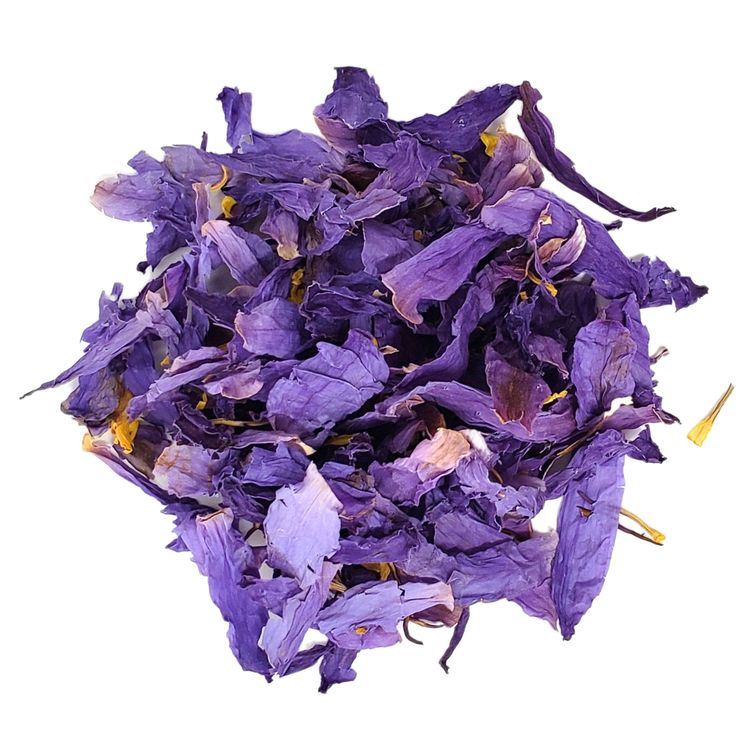
Health Benefits of Lotus Tea
Blue lotus tea is known for its numerous health benefits. This herbal infusion can support both mental and physical wellness. Below are the key benefits it offers for a healthier lifestyle.
Stress Relief and Relaxation
Flower tea is highly valued for its calming effects. The presence of nuciferine, an alkaloid, helps ease the mind and reduce stress. Drinking this tea can promote relaxation after a tiring day. Its adaptogenic properties also aid in balancing your body’s stress-response system. Many find it useful for meditation or unwinding.
Support for Better Sleep
This tea is a wonderful aid for improving sleep quality. Its soothing nature helps relax your body and mind, preparing you for restful sleep. Active compounds like apomorphine calm brain activity, making it easier to fall asleep. Drinking flower tea before bedtime can be an excellent addition to your nightly routine.
Enhancing Mood and Mental Clarity
Blue flower tea enhances mood and mental clarity. The tea’s mild euphoria is caused by the psychoactive effects of apomorphine. It can uplift your spirits while promoting clear and focused thinking. Regular use may help achieve a balanced emotional state.
Supporting Digestive Health
Blue flower tea gently supports the digestive system. Its natural components soothe your gut and promote healthy digestion. By calming intestinal discomfort, the tea improves overall digestive function. It can be an effective option for anyone facing mild stomach issues.
In summary, blue lotus tea is more than a relaxing herbal drink. Its properties promote stress relief, better sleep, mood enhancement, and digestive support, contributing to holistic wellness.
Blue Lotus Tea as a Herbal Remedy
People have long valued blue lotus tea for its historical and medicinal uses. Different cultures have celebrated its significance for centuries. Modern studies are also shedding light on its potential as a herbal remedy.
Traditional Uses in Medicine
Blue lotus tea has been used in traditional medicine since ancient times.
- Egyptian Use: In ancient Egypt, it was praised for its spiritual effects and healing properties. Egyptians used it to enhance vitality, treat ailments, and connect to divine realms.
- Indian Medicine: Traditional Ayurvedic practices valued blue lotus for its calming effects and balance promotion.
- Southeast Asia: It was also used in folk remedies to reduce pain and encourage relaxation.
These cultures recognized its ability to soothe nerves, aid digestion, and promote mental well-being.
Modern Applications and Studies
Modern science is exploring blue lotus tea’s health benefits extensively.
- Stress and Mood Management: Clinical studies highlight its stress-reducing and mood-enhancing effects. Compounds like nuciferine and apomorphine support relaxation and mental clarity.
- Sleep Improvement: Research suggests it can help with sleep issues due to its calming nature.
- Digestive Aid: Components in the tea show potential in supporting digestive health.
- Antioxidant Properties: Studies highlight its flavonoids, which combat free radicals and support cellular health.
While research is ongoing, its promising benefits make blue lotus tea popular among wellness enthusiasts. These findings reflect ancient wisdom with modern science, proving its value as a herbal remedy.
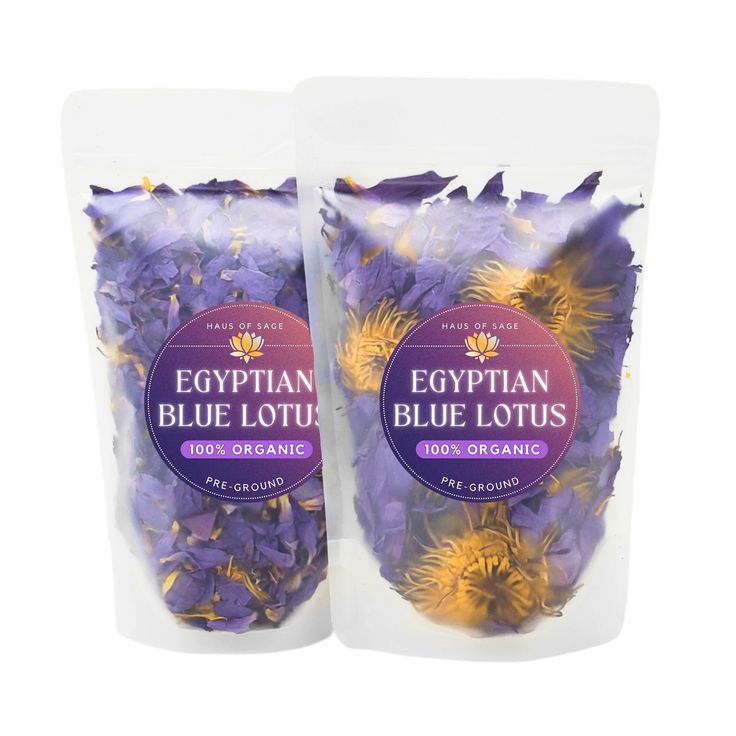
How to Brew and Enjoy Blue Lotus Tea
Blue lotus tea is easy to prepare and offers a delightful sensory experience. Follow these steps and explore creative ideas to enjoy it to the fullest.
Brewing Techniques for Optimum Flavor
To get the best flavor and benefits from flower tea, pay attention to these tips:
- Choose Quality Ingredients: Use dried blue lotus petals or premium loose tea for rich flavor.
- Water Temperature: Heat water to around 90°C (194°F). Avoid boiling water to preserve its essence.
- Tea-to-Water Ratio: Use 1–2 teaspoons of petals for every cup of water.
- Steeping Time: Steep the petals for 5–7 minutes for a balanced flavor. Longer steeping can intensify the taste but may get slightly bitter.
- Strain and Serve: Use a strainer if needed, then pour into your favorite mug or teacup.
To enhance your tea, you can squeeze a few drops of lemon or add a dollop of honey. Avoid adding too many sweeteners to preserve the tea’s natural taste.
Creative Recipes with Flower Tea
Flower tea can be enjoyed in various creative ways, providing a unique flair to your beverage repertoire. Here are a few delightful ideas to consider:
- Blue Lotus Iced Tea: Start by brewing the tea as usual, allowing it to steep for several minutes. Once your tea is ready, let it cool before pouring it over a glass filled with ice. For an extra refreshing twist, add some fresh mint leaves or a splash of citrus juice, such as lemon or lime. This invigorating iced tea is perfect for warm days.
- Tea Latte: For a creamy treat, combine brewed flower tea with steamed milk and a dash of vanilla extract. This creates a soothing tea latte that is not only delicious but also ideal for cozy relaxation moments. You can even sprinkle some cinnamon on top for added flavor.
- Floral Tea Blend: To enhance the aroma and health benefits, consider pairing blue lotus petals with other herbal teas. Blending blue lotus with chamomile, lavender, or jasmine can create a fragrant infusion that delights the senses.
- Smoothie Booster: Transform your smoothie experience by using cooled flower tea as the base. Blend it with your favorite fruits, such as berries or mango, to create a flavorful wellness drink that is both nutritious and delicious.
- Mocktail or Cocktail Base: Finally, add cooled flower tea to your favorite mocktail or cocktail recipes. Its mild floral notes complement citrus flavors or gin beautifully. Experimenting with these recipes allows you to enjoy the versatility of blue lotus tea. Whether served hot, iced, or blended, it caters to a variety of tastes and preferences.
Experiment with these recipes to enjoy the versatility of blue lotus tea. Whether hot, iced, or blended, it’s a beverage that caters to a variety of tastes.
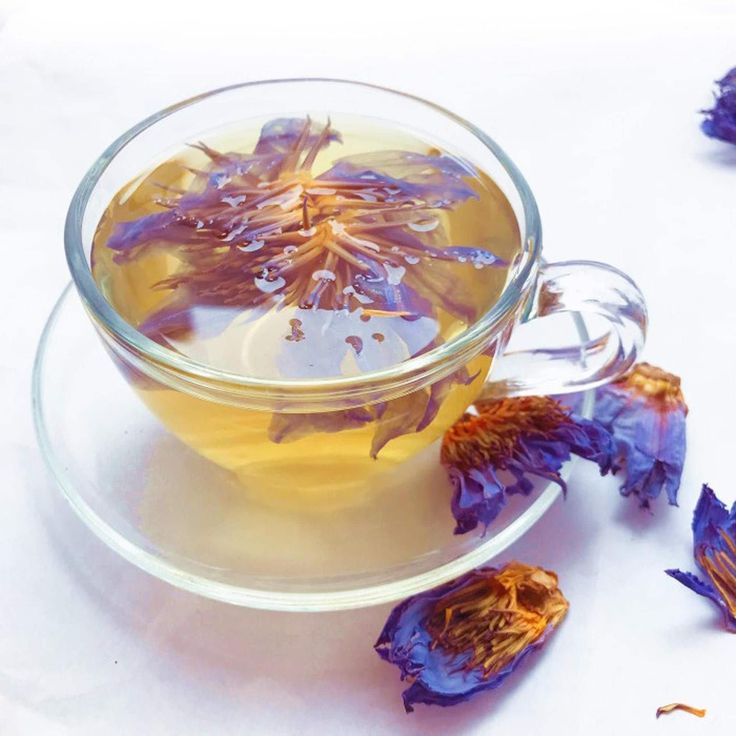
Possible Side Effects and Precautions
Blue lotus tea is generally safe for most people. However, it’s essential to consume it responsibly. Understanding its potential side effects and appropriate usage can help you enjoy its benefits safely.
Who Should Avoid Blue Lotus Tea?
While blue lotus tea offers numerous wellness advantages, it may not suit everyone. It’s important to consider specific circumstances before consuming this herbal infusion.
- Pregnant and Breastfeeding Women: Avoid this tea. The effects of this tea on pregnancy and lactation are not well-studied. Therefore, it’s best to err on the side of caution.
- Children: Parents should not give flower tea to children. The tea contains psychoactive compounds that may not be suitable for young ones, as their bodies and brains are still developing.
- People with Allergies: Individuals with allergies to related plants should also steer clear of this tea. Consuming flower tea could trigger allergic reactions, leading to discomfort or health risks.
- Specific Medical Conditions: If you have serious health concerns or are on medications, consult your doctor before consuming blue lotus tea. It’s essential to ensure that there are no potential interactions with your existing treatments.
- Sensitivity to Psychoactive Effects: Some individuals may be sensitive to the mild euphoria that flower tea can induce. If you experience such sensitivity, it’s wise to consume it cautiously or avoid it altogether. Always prioritize your health and well-being.
Recommended Dosage and Usage Tips
Using the right dosage of blue lotus tea is crucial to avoid adverse effects. Here are some tips:
- Moderation is Key: Start with one cup a day to see how your body responds.
- Avoid Overconsumption: Drinking excessive amounts may lead to dizziness or mild headaches.
- Use Quality Ingredients: Opt for high-quality blue lotus petals or loose tea to ensure safety.
- Pay Attention to Strength: Brew it lightly if you’re sensitive to strong flavors or effects.
- Avoid Mixing with Alcohol: Combining with alcohol might intensify its psychoactive properties.
By following these guidelines, you can enjoy blue lotus tea while minimizing risks. Always consult a healthcare provider if you’re unsure about its suitability for you.
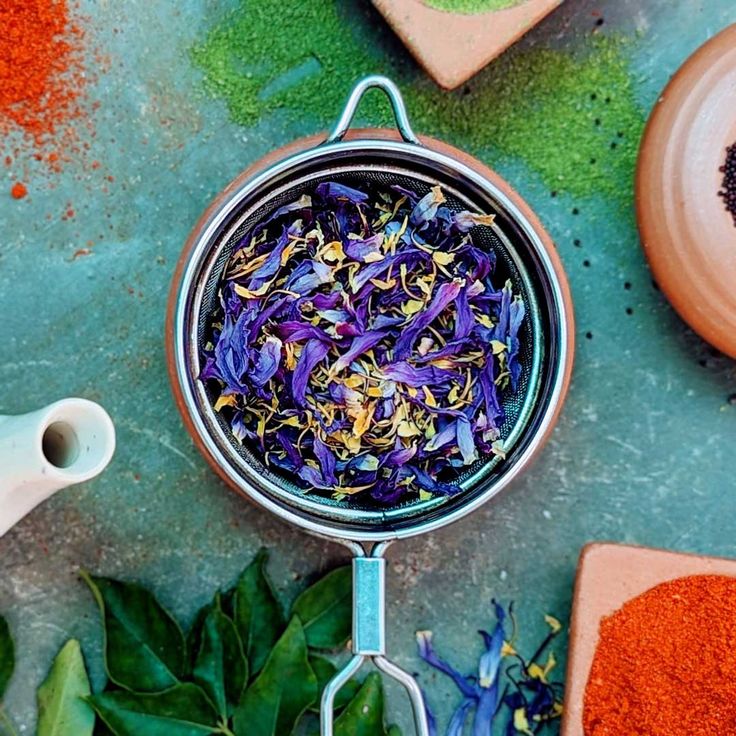
Where to Buy Quality Lotus Tea
Finding high-quality blue lotus tea is essential to enjoy its full benefits. Consider these tips to ensure you purchase the best products available.
Tips for Selecting Premium Products
- Check Ingredients: Ensure the tea is made with 100% blue lotus petals.
- Look for Certifications: Choose organic or sustainably sourced products whenever possible.
- Inspect Packaging: Go for airtight or sealed packaging to preserve freshness.
- Read Reviews: Check customer feedback to gauge product quality and reliability.
- Avoid Fillers: Select pure teas without added artificial flavors or preservatives.
- Trust Reputable Brands: Opt for brands recognized for their herbal tea expertise.
Online and Local Purchasing Options
- Online Stores: Search for reliable online platforms specializing in premium herbal teas.
- Popular options include dedicated tea retailers and eco-friendly marketplaces.
- Local Shops: Visit health food stores, herbalists, or specialty tea shops near you.
- Check the tea’s labeling and ask about sourcing practices.
- Direct from Producers: Some brands sell directly via their websites or local outlets.
- Farmers Markets: Look for locally sourced teas, often sold fresh and sustainably produced.
- Subscription Services: Sign up for tea subscriptions offering quality and convenience.
By following these tips, you can easily find authentic blue lotus tea. Prioritize freshness and purity for the best experience.